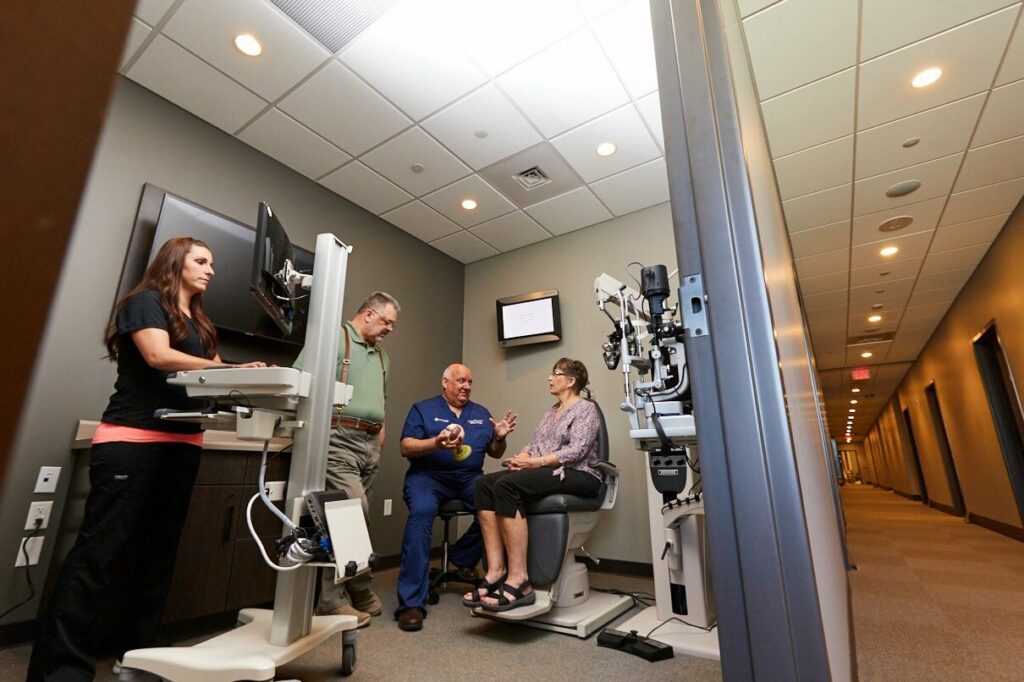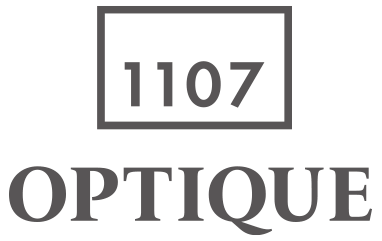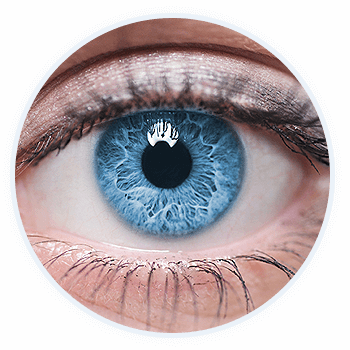Cataracts
If you or someone you care for has been diagnosed with cataracts, you’re certainly not alone. Cataracts are a natural part of the aging process, and they affect more than 20.5 million Americans over the age of 40. You’ve likely noticed that the cloudy vision caused by cataracts can affect your ability to enjoy activities like knitting, playing cards, watching TV, reading, and golfing.

Cataract Surgery in Bloomington and Champaign
Intraocular lenses (IOL) are implantable lenses that are inserted into the eye during cataract surgery. These lenses are made of plastic or acrylic materials and placed permanently in the eye after removal of the eye’s natural lens. Intraocular lenses may be either monofocal or multifocal. Monofocal lenses have a single zone of clear focus, usually set for excellent distance vision, but require the use of reading glasses for near tasks, like reading or sewing. Multifocal lenses have several zones of clear vision and allow for both distance and near vision correction.
View Video
VisionPoint Eye Center is a leader in Laser Vision Surgery including Laser Cataract Surgery (LCS) in Central Illinois. LCS can be the best refractive surgery for some patients. In this surgery the human lens is replaced by a soft plastic implant, which refocuses the eye. The procedure is performed at Eastland Medical Plaza surgery center and only takes 15-20 minutes. Success rates are very high. In addition to using the femtosecond laser to do many of the steps currently performed by hand, we use many of the best innovations in cataract surgery, such as drops only anesthesia (no shots), suture-less incisions through the clear cornea and foldable intraocular lenses. These advances enable us to use the smallest possible incision, about 1/18th of an inch.
When you and your doctor decide that it’s time for cataract surgery or refractive lensectomy, get the most value out of the procedure. Choose to receive a premium intraocular lens (IOL) implant that can eliminate your dependence on glasses or contacts following surgery!
Traditional IOLs incorporate your vision prescription for either nearsightedness or farsightedness, but you will probably still need to wear glasses to see at some distances. But when you choose premium IOLs, you will regain clear, crisp vision through one simple procedure.
With more than 75 years of combined surgical experience, the cataract doctors at VisionPoint are experts in implanting premium IOLs. Your doctor will help you determine which premium IOL is right for you, depending on your vision needs. We use only the most advanced technology to perform high-quality vision correction, ensuring your comfort throughout the process.
Cataract Surgery FAQs
What are Cataracts?
A cataract is a clouding of the normally clear crystalline lens of the eye. This prevents the lens from properly focusing light on the retina at the back of the eye, resulting in a loss of vision. A cataract is not a film that grows over the surface of the eye, as is often commonly thought.
Who gets Cataracts?
Cataracts are a naturally occurring process, and cannot be avoided. They simply come with age. Cataracts are most often found in persons over the age of 65, but they are also occasionally found in younger people. Diabetes, certain eye diseases, certain types of steroid medication, and genetics can be a factor of early-onset cataracts. Babies can sometimes be born with cataracts (this rare condition is called congenital cataracts).
Is Cataract surgery safe and does it hurt?
Cataract surgery is among the safest surgeries performed today. Though it’s true that any surgery poses risks and may create complications, cataract surgery boasts over a 98% success rate and becomes safer each year as the technology behind it advances.
Most patients don’t experience any side effects of cataract surgery. The entire procedure takes about 30 minutes, half of which is just recovering from the anesthesia. Afterward, you will be given special sunglasses and eye drops and sent home where you will be able to rest (make sure you have someone to drive you!) Cataract surgery is painless. During the surgery, your eye will be completely numbed with a topical anesthetic. At most you may feel a slight pressure. Recovery is also very easy and painless. You may experience mild irritation, but this should go away within a couple of days as your eye heals. Typically, you should be seeing clearly within a few hours, but it could take a couple of weeks to fully restore vision.
Are cataracts common?
Yes. By age 65, over 90% of Americans have a cataract, whether mild or severe. The only cure for cataracts is to remove them through cataract surgery. Cataract surgery has evolved enough to be safe, reliable and easy (for a trained professional).
Is cataract surgery dangerous?
Cataract surgery is among the safest surgery performed today. Though it’s true that any surgery poses risks and may create complications, cataract surgery boasts over a 98% success rate, and becomes safer each year as the technology behind it advances.
Most patients don’t experience any side effects from cataract surgery. The entire procedure takes about 30 minutes, half of which is just recovering from the anesthesia. Afterwards, you will be given special sunglasses and eye drops and sent home where you will be able to rest (make sure you have someone to drive you!).
Is cataract surgery painful?
In short — no! During the surgery, your eye will be completely numbed with a topical anesthetic. At most you may feel a slight pressure. Recovery is also very easy and painless. You may experience mild irritation, but this should go away within a couple days as your eye heals. Typically, you should be seeing clearly within a few hours, but it could take a couple of weeks to fully restore vision.
Can cataracts be prevented?
Cataracts are a naturally occurring process and cannot be avoided. They simply come with age. However, there are plenty of ways to slow down the process.
- First, quit (or avoid starting) smoking. Smoking creates a myriad of health problems, and cataracts are on that list. In the same vein, avoid excessive drinking, as this has also been attributed to an increase in the risk of cataracts.
- Be sure to wear a wide-brimmed hat and proper sunglasses with 100% UV protection. Sunglasses without UV protection are most damaging to eyes than wearing no sunglasses at all.
- Eat a balanced diet that is rich in vitamins and minerals is crucial for maintaining good eye health. If you have diabetes, be it type 1 or type 2, it is also important to keep your blood sugar under control.
Above all, early detection is key to treating any medical problems. Regular eye checkups are critical to ensuring good eye health, including cataracts. VisionPoint Eye Center has an expert staff that will help you understand what you need to preserve your vision. If you are above the age of 50, be sure to schedule your annual eye exam with us! Click here to schedule yours — and check out our blog on ways to help keep your vision sharp.
Do cataracts only occur in older people?
While it’s true that cataracts are mostly found in people over the age of 65, younger people with certain conditions can develop cataracts earlier than others. Diabetes, certain eye diseases, certain types of steroid medication, and genetics can be a factor of early onset cataracts. Babies can sometimes be born with cataracts (this is a rare condition called congenital cataracts).
Do cataracts spread from one eye to the other?
No — cataracts cannot be spread. They are formed independently in one or both eyes, sometimes at the same time, but not necessarily.










